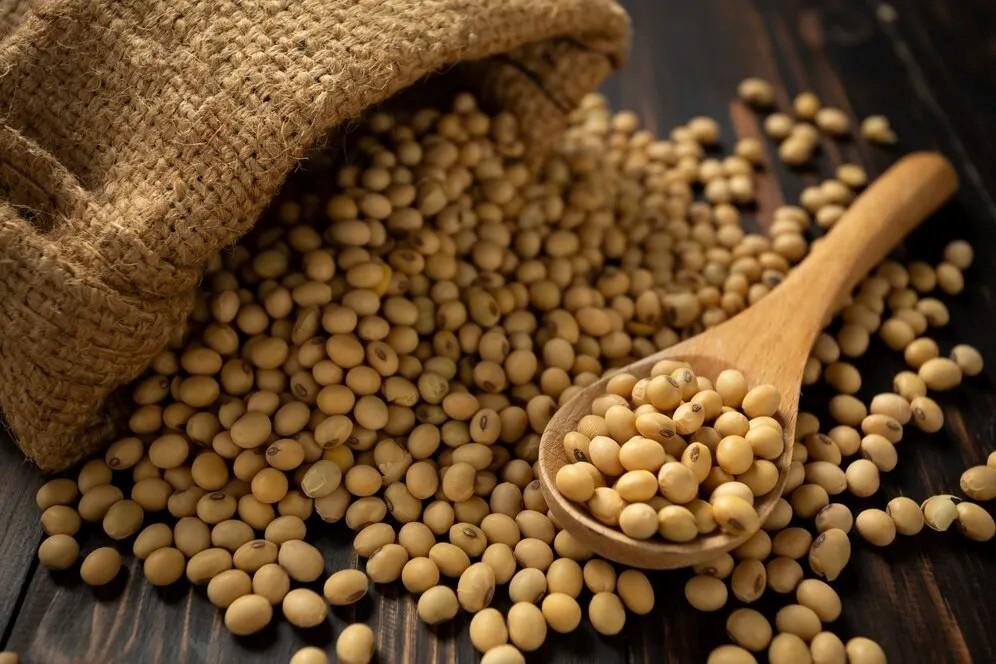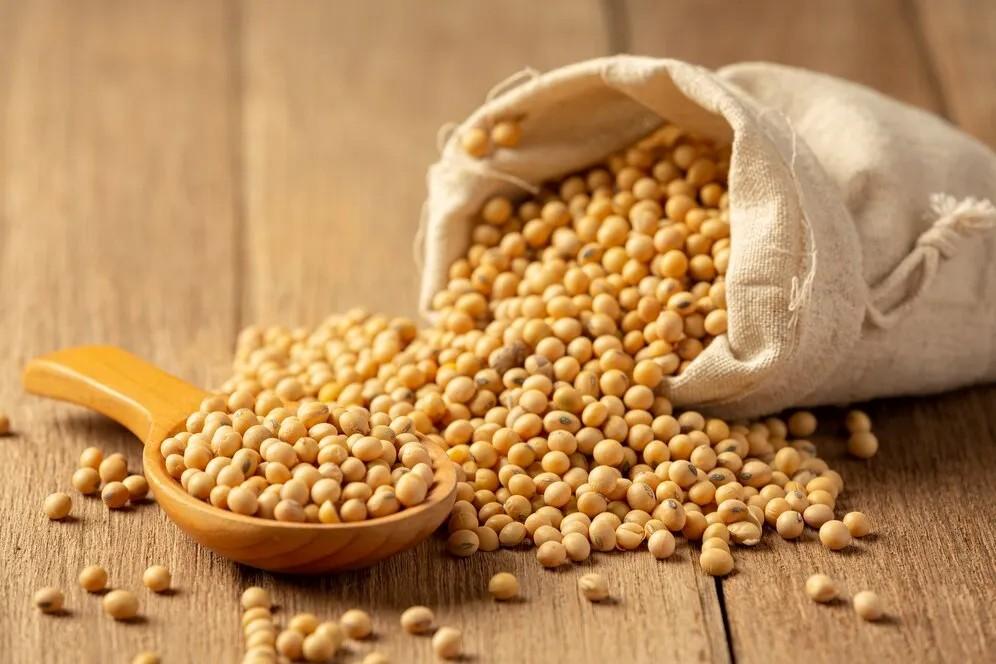- UNITED ARAB EMIRATES, 16111
- +971585805194
- info@globalreachimpex.com
Soybean
- Home
- Soybean
Soybean
Soybean Meal – GMO & Non-GMO
Soybean meal is a high-protein byproduct of soybean oil extraction and is one of the most widely used plant-based protein sources in the world. It plays a vital role in animal feed (poultry, livestock, aquaculture, and pets), as well as in food and industrial applications. Depending on the cultivation method, soybean meal is available in GMO (Genetically Modified Organism) and Non-GMO variants to suit various market demands and regulatory requirements.
GMO Soybean Meal: What You Need to Know
GMO soybean meal is derived from genetically engineered soybeans designed to improve agricultural efficiency and crop resilience. These modifications are made using biotechnology to introduce traits such as herbicide tolerance, pest resistance, and improved protein yield.
Why Choose GMO Soybean Meal
- Pest & Disease Resistance: Engineered to withstand pests and diseases, reducing the need for chemical insecticides.
- Herbicide Tolerance: Allows farmers to manage weeds more effectively with reduced crop damage.
- Higher Protein Content & Yield: Improved agricultural efficiency results in a high-protein meal (typically 44–48% crude protein) and consistent supply.
- Cost-Effective: Lower input costs and higher productivity make GMO soybean meal a preferred choice for commercial-scale animal feed producers and manufacturers.

What You Need to Know
Non-GMO Soybean Meal
Non-GMO soybean meal is produced from soybeans that have not been genetically modified. It is cultivated using traditional farming methods and is increasingly preferred by consumers and industries seeking organic, natural, or chemical-free products.
Why Choose Non-GMO Soybean Meal
- Natural Farming Practices: Grown without genetic engineering, aligning with traditional and sustainable agriculture.
- Consumer Preference: Appeals to health-conscious consumers and markets that avoid GMOs.
- Organic Compliance: When grown and processed under organic standards, it meets the requirements for USDA Organic or other certifications.
- Identity Preserved (IP): Handled separately throughout the supply chain to maintain non-GMO integrity.

Key Differences Between GMO and Non-GMO Corn
| Feature | GMO Soybean Meal | Non-GMO Soybean Meal |
|---|---|---|
| Genetic Modification | Engineered for enhanced traits such as pest and herbicide resistance | No genetic modification; grown with traditional methods |
| Protein Consistency | Consistent protein levels (44–48%) due to genetic optimization | Slightly variable protein content depending on variety and location |
| Environmental Impact | Reduced pesticide use due to resistance traits | Potentially higher pesticide use in conventional farming |
| Farming Inputs | Lower pesticide and herbicide usage due to built-in resistance | May require more manual or chemical pest/weed control |
| Market Demand | Widely used in global feed industries and food manufacturing | Popular in organic, specialty, and export markets |
| Certifications | Approved by regulatory bodies like USDA, FDA, and EFSA | Can be certified Non-GMO or Organic based on handling practices |
Why Choose Us for Your Soybean Meal Needs
- Trusted Sourcing: We partner with certified growers and processors to offer both GMO and Non-GMO soybean meal from sustainable and traceable origins.
- Quality Assurance: All our soybean meal products are tested for protein content, purity, and compliance with local and international standards.
- Flexible Packaging & Supply: Whether you need bulk shipments or custom packaging, we offer scalable solutions to fit your business requirements.

Whether you’re seeking GMO soybean meal for efficient animal nutrition or Non-GMO soybean meal for organic or specialty markets, we provide reliable, high-quality solutions tailored to your needs.
